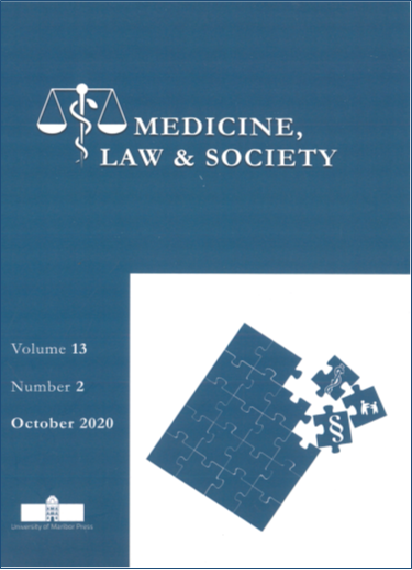The Effects of Legislation on Surrogacy Tourism
DOI:
https://doi.org/10.18690/mls.15.1.73-88.2022Keywords:
surrogacy, surrogate mother, cross-border reproduction, commercial surrogacy, transnational surrogacyAbstract
Statistics show that one in every six couples are currently infertile. Due to new artificial reproductive techniques, infertile couples have a whole new range of possibilities to become parents. Surrogacy tourism is a type of medical tourism in which couples with infertility travel to other countries to rent wombs of surrogate woman. At present, surrogacy tourism is a multi-billion-dollar industry. One of the main reasons for surrogacy tourism is that surrogacy is not legal in some countries. It appears that legislation, ethical understanding, and concerns that human rights will be violated prevent people from benefiting from such developments while medicine continues to develop and advance. Economics also drive surrogacy tourism. Religion is also a significant factor in choosing the destination for the treatment. Infertile couples are more likely to prefer countries where their religious beliefs are respected and considered during the treatment. This paper seeks to highlight the effects of the legal provisions and precedents about surrogate motherhood on surrogacy tourism.
